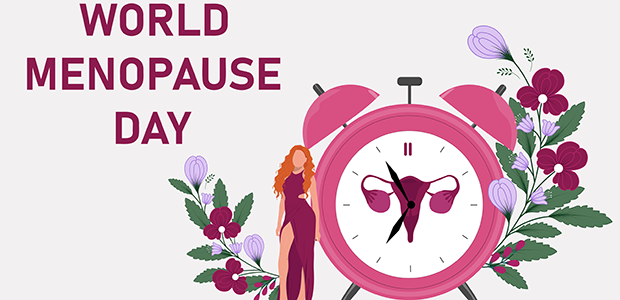
Supporting women going through menopause at work
A new survey from Acas has found that a third of employers (33%) do not feel well equipped to support women going through the menopause.
Most women go through the menopause between the ages of 45 and 55 but it can also happen earlier or later in life. Symptoms can last four years or longer and can include hot flushes, anxiety, memory, and concentration problems.
Acas commissioned YouGov to ask British businesses about how well equipped they feel in supporting women going through the menopause at their workplace. The poll found that:
- a third of employers (33%) did not feel well equipped
- 46% feel well equipped
- one in five (21%) don’t know
Acas Chief Executive, Susan Clews, said: “There is still a stigma attached to the menopause and our findings show that some employers do not feel well equipped to support women that are going through it.
“Our poll also reveals that there is a lack of confidence around whether some managers have the skills to support staff that are experiencing menopause symptoms.
“Creating a safe place at work to talk about it can help. Acas has advice for employers on how best to support employees impacted by the menopause and keep within the law.”
The menopause affects half of the population which includes women as well as others that have a menstrual cycle such as some trans men and people who identity as non-binary. It can also impact relatives, partners or people that are supporting someone going through the menopause.
The Acas poll also asked businesses how confident they feel that managers in their organisation have the necessary skills to support staff with menopause symptoms. The poll revealed that:
- Over a third of employers (37%) were not confident
- Over two in five (46%) were confident
- 17% don’t know
Acas advice is that menopause is a health and wellbeing concern for staff and needs to be handled sensitivity. Employers that create and support an open environment around the menopause can help affected staff to continue to do their job confidently and effectively.
Acas’s advice for employers includes:
- Develop a menopause policy that explains how the menopause can affect people differently and what support is available
- Provide awareness training for managers on the menopause and how to deal with it sensitively and fairly
- Consider making practical changes at work to help staff manage their symptoms such as the availability of cold drinking water and temperature control

